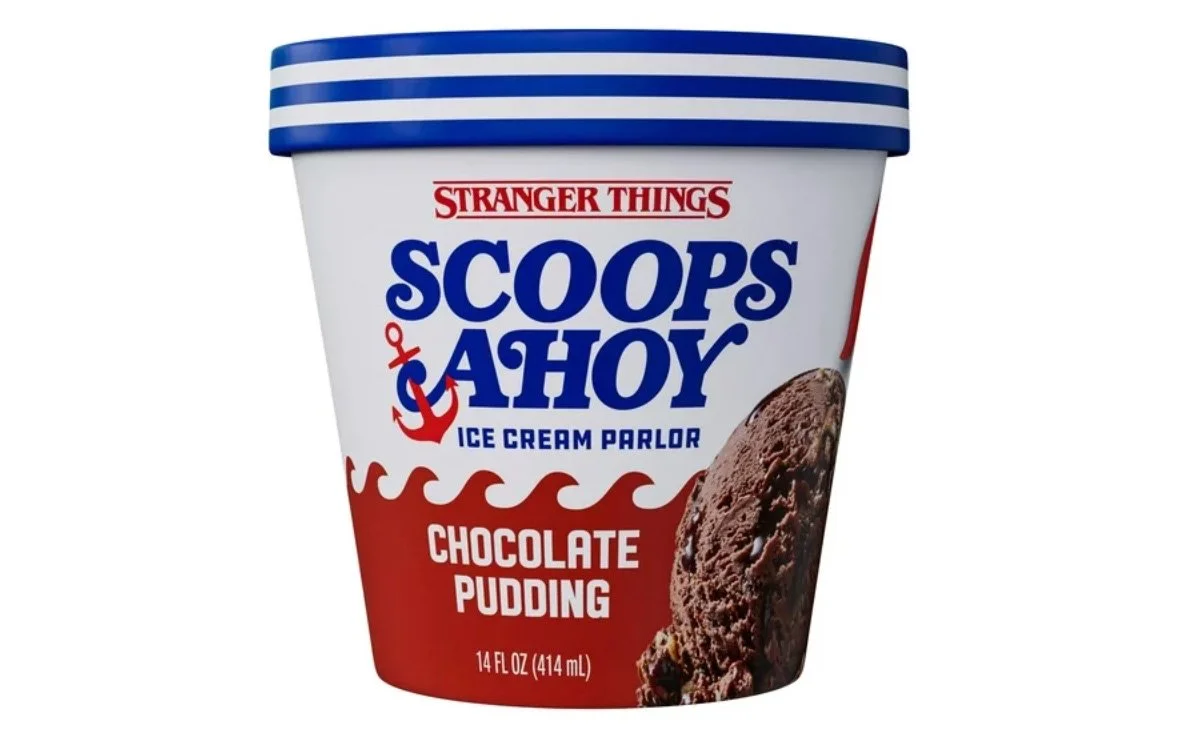Hollywood Must Diversify Its Business Model Now — Here’s How
By Greg Kahn
Emerging Tech Exchange
Founder & CEO
This article was originally published in Variety on November 1, 2023
Hollywood studios and streaming giants such as Netflix are facing a series of unsettling challenges that no amount of blockbuster movies and bingeworthy series can address: the rapid rise of AI, the lingering SAG-AFTRA strike, inflation and rising interest rates, increased competition and the wars overseas.
Content owners need to look beyond their creative output and act more like the tech giants that have done so much to disrupt their business models.
As the actors’ half of the “Hollywood double strike” continues to hold movie and TV productions in limbo after the Writers Guild settled at the end of September, we’re likely to see a significant content vacuum, particularly in the area of prestige TV. Aside from that, this summer’s “Barbenheimer” twin box-office smash will be extremely difficult to repeat.
For Hollywood and the streaming platforms, content will always be front and center. But the foundation for the studios and video channels must be built on things outside of writers’ rooms and soundstages.
To survive, the next studio moneymakers won’t be the creatives but rather a mix of investments in software — and maybe even hardware. Luckily for the content owners, two trends can make their portfolio expansion plans more easy to accept: the rise of corporate venture capital and increased acceptance of licensing their programming intellectual property to marketers.
‘Strange’ Product Integration
Let’s take the second idea first. In September, devoted viewers of Netflix’s “Stranger Things,” salivating for Season 5, were able to indulge in “Scoops Ahoy Ice Cream,” inspired by the fan-favorite ice cream joint.
Unlike the 2019 “Stranger Things” Baskin-Robbins tie-in to promote Season 3, Netflix created this version itself and partnered only with Walmart to sell it.
While the marketing of a show through branded ice cream might not seem so radical, the idea represented a departure from traditional marketing. And it showed that despite Netflix’s recent advertising growing pains, the streamer is ready to embrace the unconventional.
It seems Netflix is doing just that with its truly strangest gambit: It plans to open at least two permanent U.S. stores called Netflix House in 2025. The idea builds on the 40 pop-up stores the streamer has run over the last few years. While its primary purpose is to encourage fan engagement, the shops should provide some incremental revenue.
But why stop there? Couldn’t Netflix create its own venues for digital/physical experiences akin to the recently opened Las Vegas MSG Sphere, as it already owns the Paris (NYC) and Egyptian theaters (L.A.). Could a bigger, performance-based venue be next?
Bridging virtual and reality also involves the third rail of Hollywood topics: the use of generative artificial intelligence. (See VIP+’s latest special report on the confluence of gen AI and entertainment.)
Both sides of the industry’s labor issues should pay attention to OpenAI’s much-requested integration of image generator DALL-E into GPT-3. Paying subscribers to Chat GPT can seamlessly conjure wacky brand pairings — as in, a fusion of Hermès and 7-Eleven, where fashion meets convenience in a scarf adorned with the convenience store’s motif.
These mashups can inspire new forms of community — and even character creation — in ways most movie and TV marketing plans wouldn’t begin to conjure.
This type of “branded AI” can also extend big and small-screen franchises into the world of gaming, which is increasingly where entertainment audiences are gravitating. And as streaming grows in precedence over linear TV, the battle for the gaming console as a distribution channel is already taking place. Branded AI is a way to fit filmed entertainment into that medium.
A Do-or-Die Moment
Studios should take a page from the playbook of tech giants Amazon, Google, and Microsoft and segment their holdings more strategically. An excellent example comes from Roku, whose branded TV ventures into the hardware space, offering an alternative revenue stream.
Can there be a Hulu branded TV? Probably not. But Hulu, AMC Theaters, Disney and others can all support the building of new technologies. For example, now is a particularly good time to have a hand in shaping the uncharted territory of mixed-reality environments.
As Apple’s June preview of its forthcoming Vision Pro “spatial computing” headset showed, hybrid digital/physical experiences could be a common way people communicate and learn together. As Variety Intelligence noted at the time, Disney CEO Bob Iger made an appearance during Apple’s Vision Pro launch, saying the “revolutionary” platform will let the company create “deeply immersive” stories in ways that were “previously impossible.”
The transformation from pure content producers and distributors into quasi-entertainment/tech investors is the best path forward.
Just look at the world of sports. During August’s U.S. Open tennis tournament, the championship’s parent company, the USTA, unveiled its corporate venture capital program. Dubbed the Strategic Investment Initiative, it’s designed by the USTA to acquire potential equity stakes in technologies and other companies to advance the growth of tennis in the U.S. and elevate experiences in the U.S. Open.
The realm of possibilities extends beyond just diversifying income streams that directly support studios’ and streamers’ core properties. Options for entertainment expansion exist in advancing audio tech, building branded events, setting up e-commerce channels and even commerce media networks and, of course, gaming. Even education, tech and health and wellness can intersect with the entertainment companies’ interests.
The challenge here is that success in these areas depends on treating them as an essential part of their core businesses rather than as peripheral pieces in which to dabble.
It might seem hyperbolic to call this a do-or-die moment for Hollywood and content providers. But the companies that stretch the meaning of “That’s Entertainment” when it comes to where they put their money will be the ones that write the industry’s next chapter.
Greg Kahn
Emerging Tech Exchange
Founder & CEO



